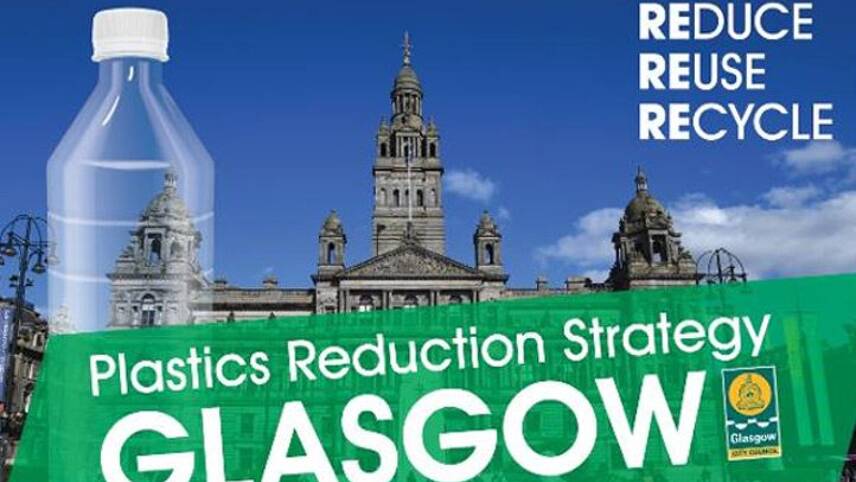Register for free and continue reading
Join our growing army of changemakers and get unlimited access to our premium content

Following consultations last year
Approved late last week, the Council’s Plastics Reduction Strategy contains 22 action points designed to remove all “unnecessary” plastics from the city within a decade. This longer-term aim is bolstered by a shorter-term commitment to remove single-use items, wherever possible, from areas including council offices, schools and transport hubs, within two years.
In order to drive progress towards the shorter-term aim, the Council says it is working with businesses and public sector organisations to deliver phase-outs in line with the Government’s ban on plastic straws, drinks stirrers and cotton buds, due to be implemented this April.
Beyond these items, the Plastics Reduction Strategy covers items including plastic bags, cutlery, coffee cups and food-to-go packaging. It explains that the Council will “lead by example” on these phase-outs and encourage other organisations to follow suit, while calling for the Scottish and central UK Governments to implement tighter legislation.
The Strategy was first proposed last November and was approved by Councillors at Glasgow City Council’s Administration Committee last week.
In order to replace single-use plastics, it the Strategy details areas in which other material substitutions can be made and where reusable models may be more effective. On the latter, the Council has pledged to install more water fountains and run more communications around water bottle reuse, while supporting businesses to join initiatives like City to Sea’s Refill. Future projects which will combine both reuse and material substitution include the creation of a plastic-free shopping zone and a plastic-free school.
Glasgow City Council’s director of operations for neighbourhoods and sustainability, Andy Waddell, said the Strategy aims to create a hierarchy of prevention, reuse and recycling as the final option, given that many kinds of single-use-plastics are hard to recycle. Straws, for example, are too small to be processed in traditional infrastructure; black plastic’s pigment makes it hard-to-detect; many formats are multi-layer; food and drink packaging can suffer from contamination that lowers its value.
By moving away from a recycling-centric approach, Waddell claims, the Council will “set a course for rapid change” across the city.
“Plastic clearly has its place, but aiming to end the unnecessary use of plastic will have a significant positive impact on the environment,” he said. “There is already a huge amount of scope for our habits to change and technology is changing so quickly that our norms will be transformed in the years ahead.”
Growing interest
Consultations on the Strategy received more than 1,500 responses, from individuals and businesses alike.
Its launch builds on the success of Scotland’s first coffee cup reuse and recycling initiative, debuted in Glasgow in January 2019, and on the progress made by Hubbub since the charity extended its behaviour change scheme for food-and-drink-to-go packaging to Scotland three months ago.
Supported by partners including local authorities and business giants such as McDonald’s, Costa Coffee and Nestle, Hubbub’s format combines new infrastructure with communications campaigns spanning both traditional and digital channels.
With public interest in the environmental impact of plastics having skyrocketed in the wake of Blue Planet 2, Glasgow City Council is not alone in developing new measures to tackle plastic pollution on a local level.
More than 530 villages, towns and cities have committed to achieving plastic-free status through Surfers Against Sewage’s platform, for example. The charity is hoping that 125 of these locations will be able to achieve the status by the end of 2020, and is also supporting more business districts in this space after Canary Wharf Group became the first certified development of its kind last summer.
Catch up on edie’s Mission Possible Plastics Week
Earlier this month, edie hosted Mission Possible Plastics Week – a five-day camapgin packed with exclusive interviews, podcasts, reports, blogs, webinars and in-depth feature articles – all dedicated to turning the tide on single-use plastics.
You can catch up with all of the content, including webinars on-demand, by clicking here. This campaign was hosted in association with Nestle.
Sarah George


Please login or Register to leave a comment.